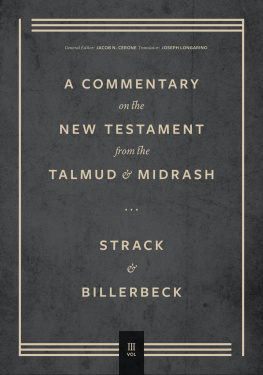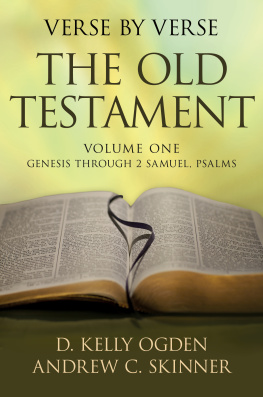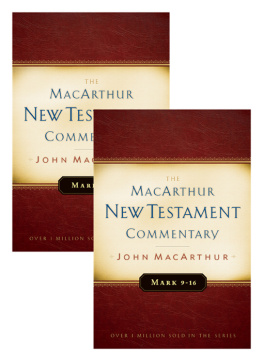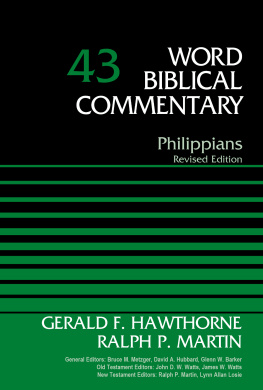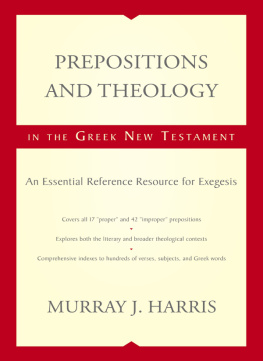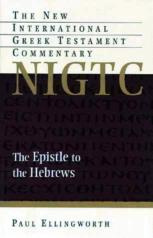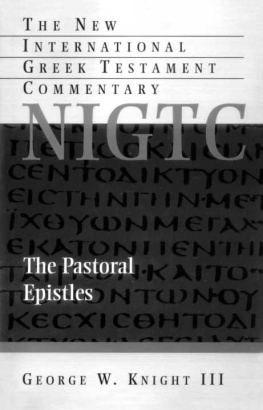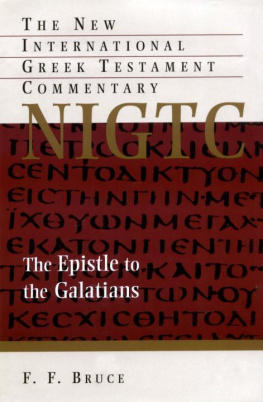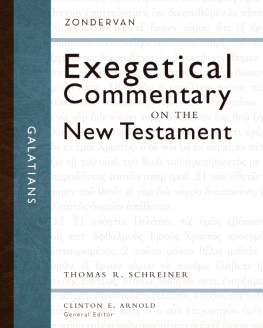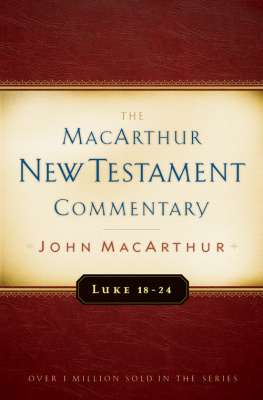Table of Contents
Copyright 1991 by Wm. B. Eerdmans Publishing Co.
255 Jefferson Ave. S.E., Grand Rapids, Mich. 49503
Published jointly by
Wm. B. Eerdmans Publishing Co. and
The Paternoster Press, Ltd.
P.O. Box 300, Carlisle, Cumbria, CA3 0QS U.K.
All rights reserved
Printed in the United States of America
07 06 05 04 03 02 01 12 11 10 9 8 7 6 5 4
Library of Congress Cataloging-in-Publication Data
OBrien, Peter Thomas.
The Epistle to the Philippians: a commentary on the Greek text /
by Peter T. OBrien
p. cm.
(The New international Greek Testament commentary)
Includes bibliographical references and indexes.
ISBN 0-8028-2392-0
1. Bible. N.T. PhilippiansCommentaries. I. Title.
II. Series: New international Greek Testament commentary (Grand Rapids, Mich.)
BS2705.3.027 1991
227607dc20
91-26336
CIP
Pasternoster Press ISBN 0-85364-531-0
To
My Colleagues on the Faculty
of
Moore Theological College,
Sydney
FOREWORD
While there have been many series of commentaries on the English text of the New Testament in recent years, it is a long time since any attempt has been made to cater particularly to the needs of students of the Greek text. It is true that at the present time there is something of a decline in the study of Greek in many traditional theological institutions, but there has been a welcome growth in the study of the New Testament in its original language in the new evangelical schools, especially in North America and the Third World. It is hoped that The New International Greek Testament Commentary will demonstrate the value of studying the Greek New Testament and help toward the revival of such study.
The purpose of the series is to cater to the needs of students who want something less technical than a full-scale critical commentary. At the same time, the commentaries are intended to interact with modern scholarship and to make their own scholarly contribution to the study of the New Testament. There has been a wealth of detailed study of the New Testament in articles and monographs in recent years, and the series is meant to harvest the results of this research in a more easily accessible form. The commentaries will thus include adequate, but not exhaustive, bibliographies. They will attempt to treat all important problems of history, exegesis, and interpretation that may arise.
One of the gains of recent scholarship has been the recognition of the primarily theological character of the books of the New Testament. This series will, therefore, attempt to provide a theological understanding of the text, based on historical-critical-linguistic exegesis. It will not, however, attempt to apply and expound the text for modern readers, although it is hoped that the exegesis will give some indication of the way in which the text should be expounded.
Within the limits set by the use of the English language, the series aims to be international in character; the contributors, however, have been chosen not primarily in order to achieve a spread between different countries but above all because of their specialized qualifications for their particular tasks. This publication is a joint venture of The Paternoster Press, Exeter, England, and Wm. B. Eerdmans Publishing Company, Grand Rapids, USA.
The supreme aim of this series is to serve those who are engaged in the ministry of the Word of God and thus to glorify his name. Our prayer is that it may be found helpful in this task.
I. Howard Marshall
W. Ward Gasque
PREFACE
Pauls Letter to the Philippians has been a favourite of Christians for almost two thousand years. Its themes of joy and fellowship, love and suffering have struck the chords of many hearts. Written to a congregation with whom the apostle had warm personal relationships from the time Paul first preached the gospel in Philippi on his second missionary journey (between A.D. 49 and 52), this letter was sent to urge his Christian friends to stand firm for the gospel and to be united in love.
It has been my great privilege over the last few years to study in detail the text of this epistle and to seek to unlock some of its treasures. Professor F. F. Bruce, who supervised my earlier research into Philippians as part of a study of Pauls thanksgivings, first suggested that I prepare a commentary on the Greek text of this letter. I write these words only a few days after the death of this gracious Christian gentleman, who showed such kindness to all whom he met. He clearly knew the truth of Pauls words, For to me, to live is Christ and to die is gain (Phil. 1:21), and has now experienced the reality of departing and being with Christ, his Lord. Professor Bruce will be remembered for his excellent writings on the New Testament and related areas. His impeccable standards of scholarship have been a challenge to many, not least to his own students, and I count it a privilege indeed to make a contribution to a series that he has dignified with his own volume on Galatians.
I wish to express my sincere thanks to Professor I. Howard Marshall for his initial invitation to contribute the volume on Philippians in The New International Greek Testament Commentary and for his subsequent encouragement during its preparation. It will be evident to the reader that I have been greatly indebted to many earlier commentators, including J. B. Lightfoot, M. R. Vincent, J. Gnilka, R. P. Martin, G. F. Hawthorne, W. Schenk, and M. Silva, as well as others who have written on Philippians. In preparing this volume I have attempted to harvest the results of recent research in this area of Pauline studies and to make those results available to readers of this series. It has been necessary to interact with a wide range of scholarly material written on Philippiansthe amount on the hymn of 2:5-11 alone has been enormous (just today another thesis on this passage arrived in our library). However, I have tried to bear in mind that my primary task has been to wrestle with and comment on the text of this part of Scripture as the word of God rather than to provide minihistories of exegesis, important as these are in their proper setting.
I wish to express my thanks to the Moore Theological College Council for granting me a period of study leave in 1986 to engage in research on Philippians. I spent the time in pleasant surroundings at Tyndale House, Cambridge. I am grateful to the staffs of the Tyndale House and University of Cambridge Libraries for their help in tracking down obscure articles and books.
My thanks are due to E. J. Brill of Leiden for permission to draw on material from my Introductory Thanksgivings in the Letters of Paul (NovTSup 49), to Word, Inc., Irving, TX, for use of material in my Colossians, Philemon (WBC 44), and to Anzea Publishers, Homebush West, NSW, for permission to use my article The Importance of the Gospel in Philippians, in God who is Rich in Mercy. Essays presented to D. B. Knox, 213-233.
I am grateful to Wendy Dahl and Anne Macklin for making sense out of dozens of pages of manuscript, for typing them, and, when our college acquired computers, for putting the material onto disks. To my son David I wish to express my thanks for many hours of help in compiling the indexes.
My wife Mary was a great source of encouragement as I pressed on with the writing of this commentary in the midst of a busy teaching, administrative, and pastoral programme. Her patience seems to know no limits. For her fellowship in the gospel from the first day until now I am profoundly grateful to God.


